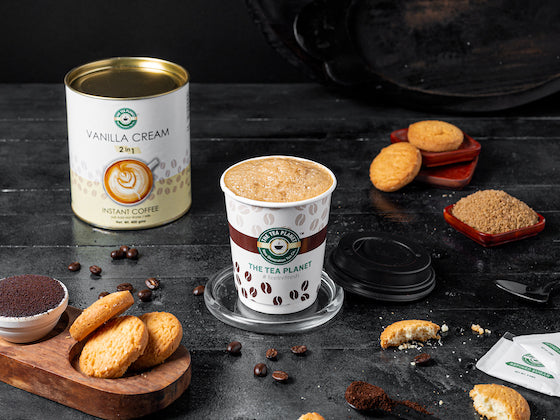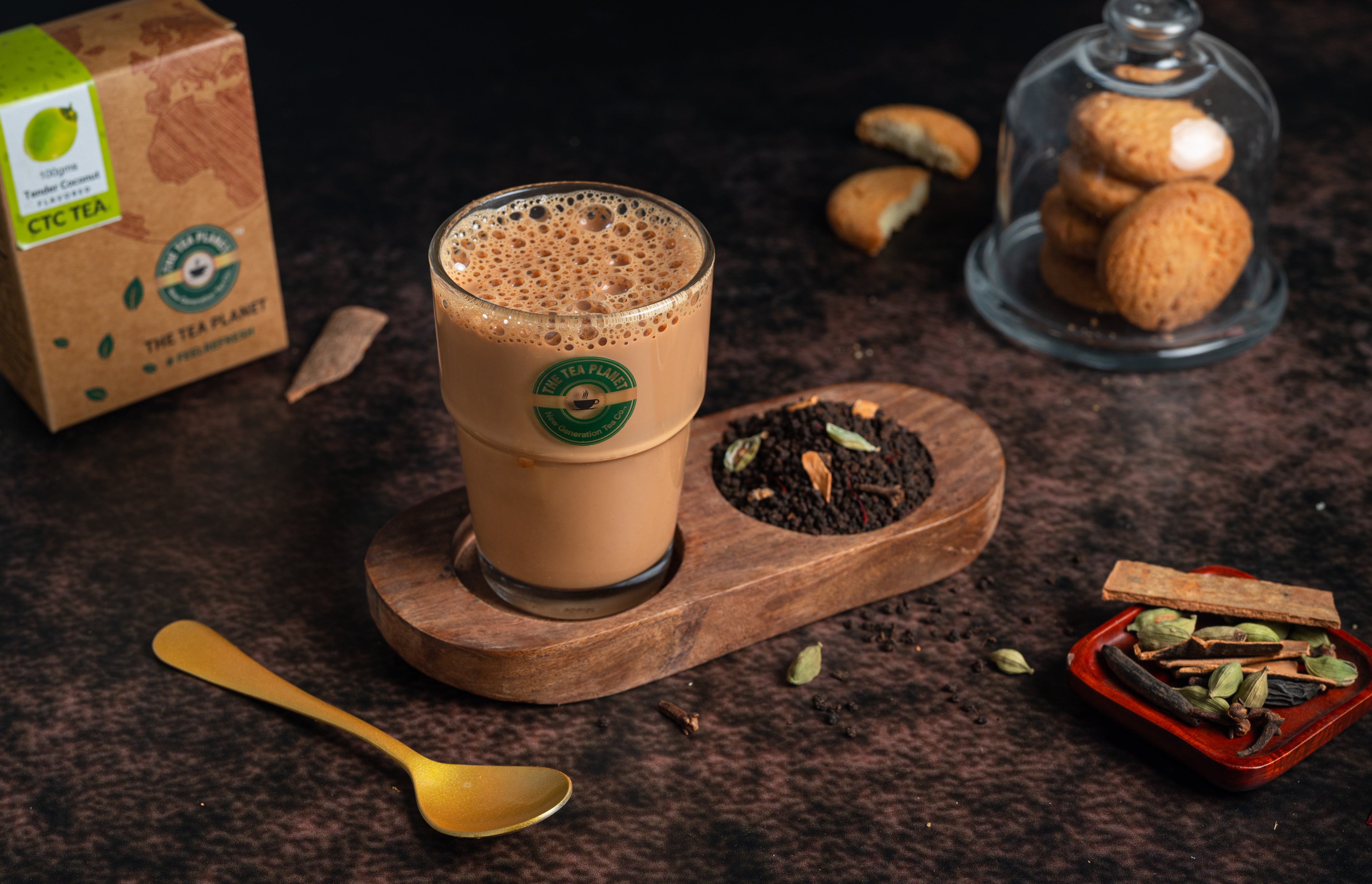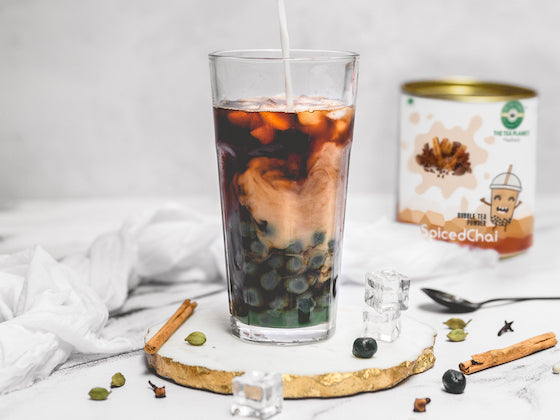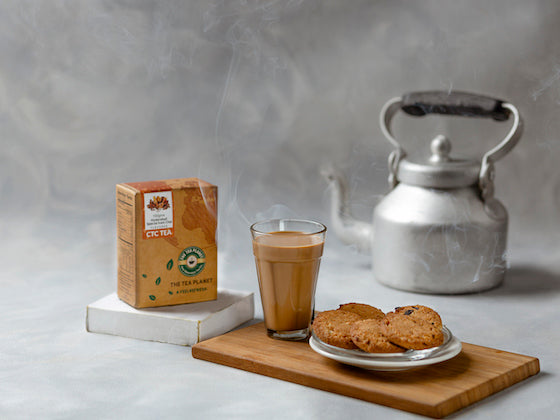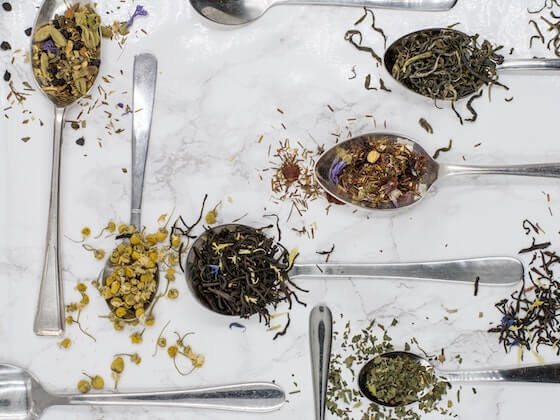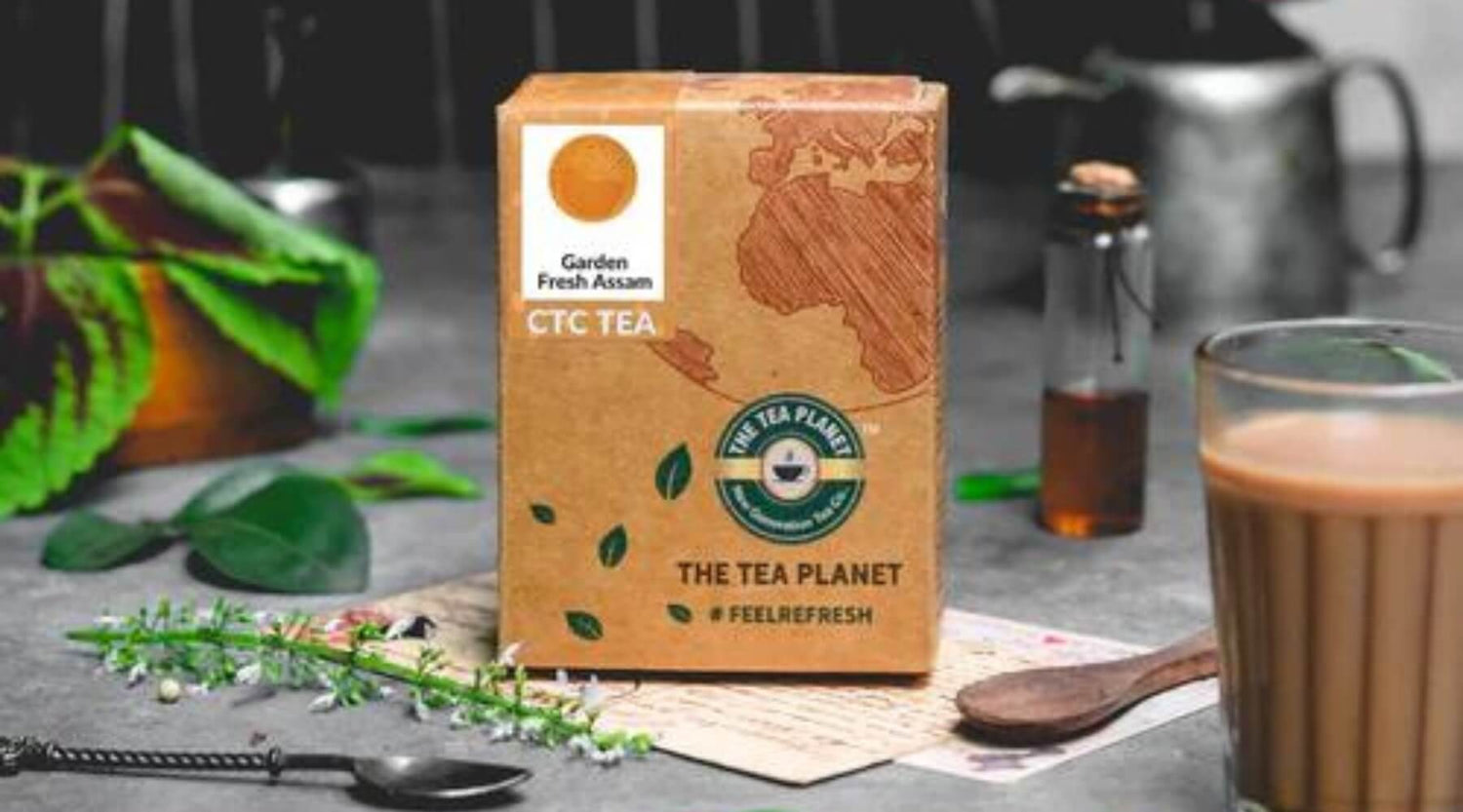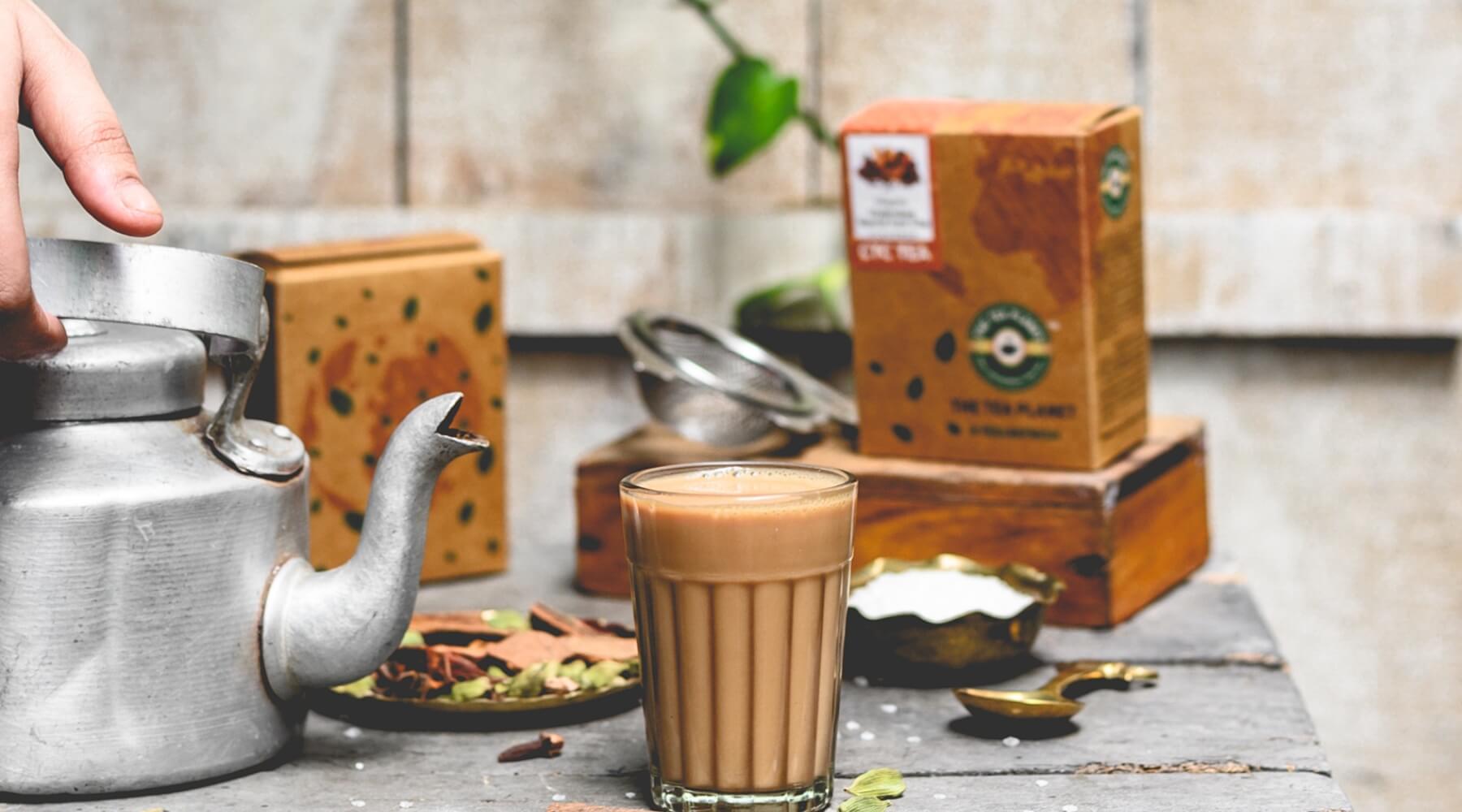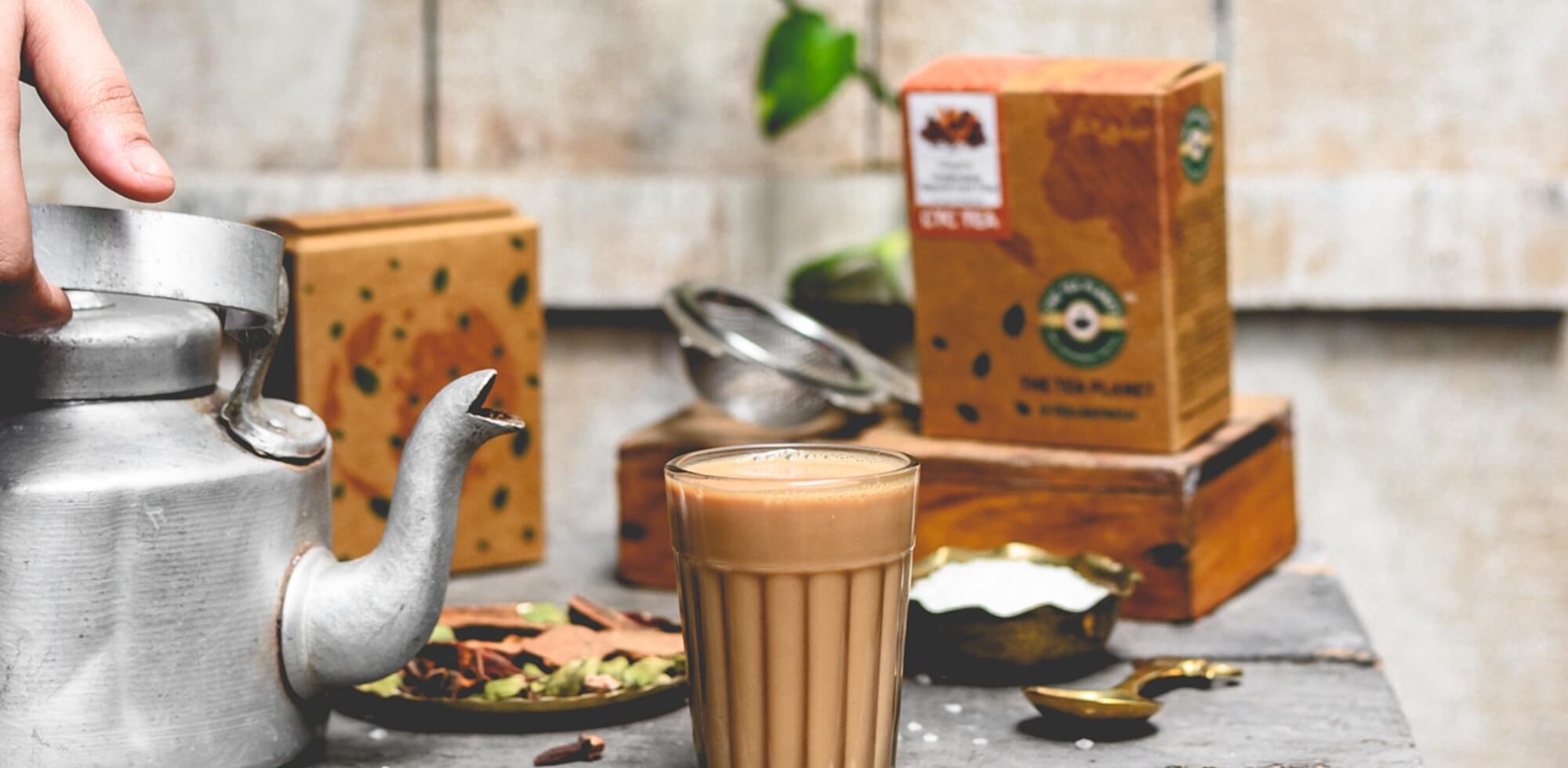Assam is not only famous for its breathtaking scenic views and lush green terrain but also for its tea leaves. Well, it too has a story to tell. It was a typical day, with routine life, and there comes information that a Scottish adventurer, Robert Bruce found a plant that is much similar to tea leaves in Rangpur, now that made a lot of headlines!
Bruce was on a trading mission when he came across this plant, which was accidental; in 1823, Maniram Dewan, to whom Bruce reported, sent him on the mission to Bessa Gam, and this place showed him how to brew tea from the leaves in the backwoods.
Bruce had a meeting with the tribal chief to closely observe it for scientific examination. Unfortunately, soon after this, he passed away. His sibling Charles delivered the samples to a botanical garden in Calcutta for further examination to know their classification. The result revealed a variation of black tea derived from Camellia sinensis assamica leaves.
This kind of tea leaf is originally planted in the Northeastern Indian state of Assam and is one of the substantial tea-producing regions globally. Learning the benefits of Assam tea, a company was established to cultivate Assam tea leaves in 1839, gradually popularized. Apparently, by 1862 the business-owned gardens and public enterprises grew leaps and bounds.
In today’s era, we are hooked to our busy schedules and seldom find time for ourselves. Few people ease their emotions via smoking and drinking while others, “the teetotallers,” go for tea. So, you might be wondering if Assam tea is suitable, or can it just make us addicted like smoking and boozing? Well, the answer is partial yes and partial no. It can make you addicted, but for n number of good reasons, we will spill the beans about it in the following paragraphs.
Aren’t we all conscious of our skin? We use all kinds of cosmetics to keep our skin glowing! It is temporary and a waste of money. We tend to forget that it’s not about external treatment; it’s about internal care. Why not make Assam tea part of your routine? It keeps you healthy, and as it contains Vitamin A and E, your skin shines throughout the day.
Science says that Assam tea can keep your mind active, and with an ample number of antioxidants and caffeine, it can control oxidative stress in the brain.
Since the tea leaves are high in caffeine content, Assam tea is considered a breakfast tea by Irish and English people. This type of tea has a combination of flavors like epigallocatechin gallate (EGCG), theaflavins (TFs), and thearubigins (TRs), including several other flavonoids with an enhanced aroma which has been the reason for a distinguished process of tea’s production.
It’s also observed that black tea's polyphenolic compounds can help minimize cholesterol and plaque in blood vessels. However, it is proved in many pieces of research that consuming less than 6 cups of black tea has cured heart-related diseases.
Polyphenolic compounds have the power to strengthen our immune system. It acts like prebiotics in the digestive tract. Prebiotics are the compounds seen in much nutritious food responsible for the growth and maintenance of healthy bacteria. Some compounds like theaflavins are recommended for degenerative brain illnesses.
Assam tea can also keep diseases at bay, and with its antioxidant content, it can enhance your immune system and increase metabolism. Those conscious about weight loss can make it your everyday drink; expand your metabolism with a sleek look!
This is how you prepare the best Assam tea
- Keep the teabag or loose tea leaves on a tea strainer like about one tablespoon, or you can put tea leaves at the bottom of the cup.
- Use hot water that has boiled up to 90-95 degrees Fahrenheit. If you don’t have a teapot, boil it for a minute.
- Start pouring 8 ounces of hot water on the tea bag, strainer, or tea leaves.
- Let the tea get filtered until it’s done. Some prefer a light flavor while some are strong, but waiting for too long can make the tea bitter.
- Remove the tea bag or strainer before serving or drinking the tea.
Timely and again, tea experts say that Assam tea could also be offered without milk or sweeteners. However, many people add both. If you want to prepare Assam tea with milk, add either milk or milk powder with cane sugar for sweetness.
Final thoughts
Numerous researchers are going on to know the underlying benefits of Assam tea, and this is not the end! The evolution of Assam tea has taught us that everything has a history before creating history.
Just the understanding of Assam tea benefits is not enough but learning the background of its existence becomes essential to get connected to its evolution.


